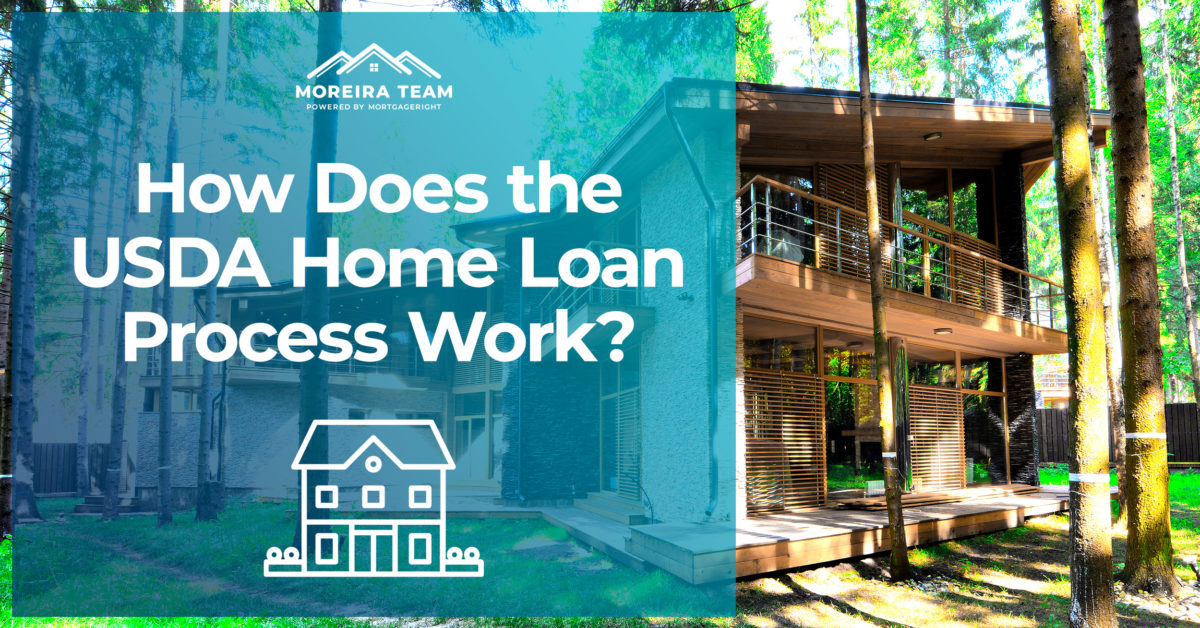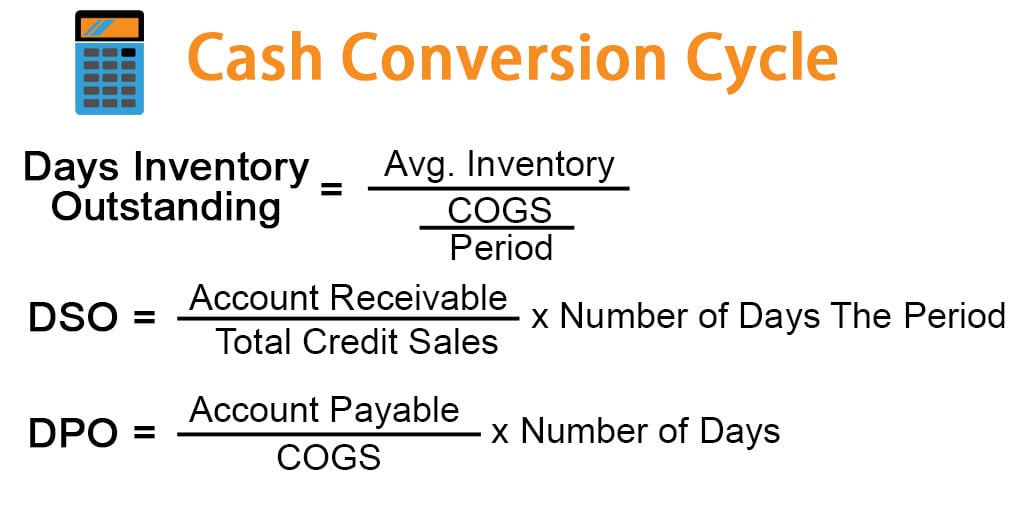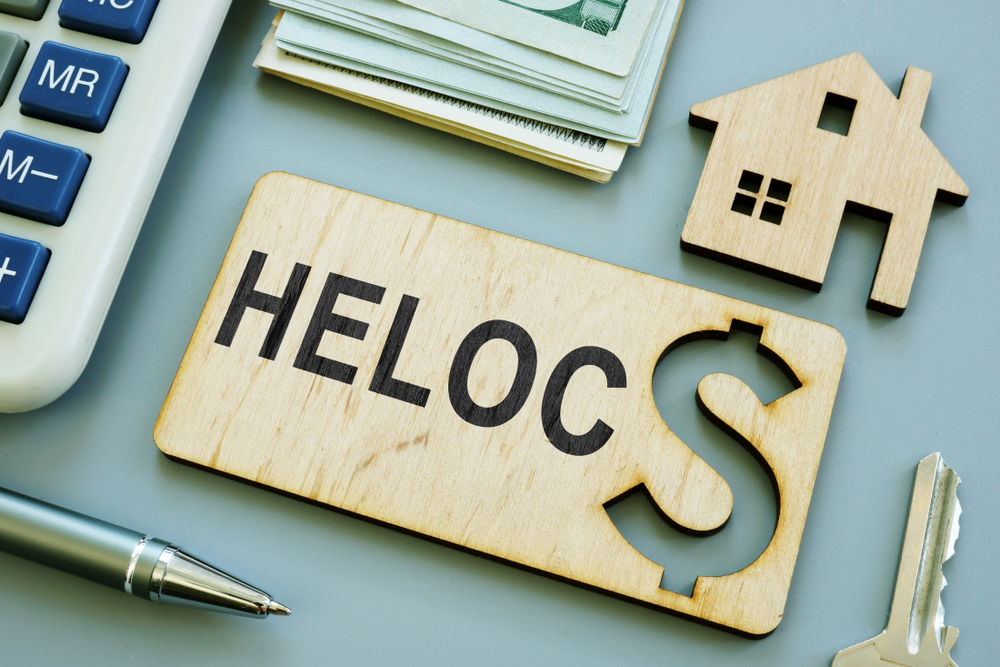Table of Content
A cash-out refinance makes the most sense when you use the money to meet a long-term financial goal. Common reasons include paying for home improvements that increase the value of your home, getting a college education, or consolidating debts to save money on interest. Even if you repay your first home equity loan or cash-out refinance, you can still only tap into your equity once per year. This is important to keep in mind if you think you might need another loan a few months down the road. If you think you may need more money down the line, a home equity line of credit may be a more suitable option.

If you’re taking out pre-tax money, furthermore, you could miss out on some tax advantages. You’ll pay your loan back with after-tax dollars, so you’ll end up missing out on the upfront tax break that traditional 401s offer. There wouldn’t be any tax penalty if borrowing against a Roth 401, since your contributions would already be after-tax. Most banks require a loan-to-value ratio of 80% to 85% to borrow against your home’s equity, meaning that you must hold at least 15% or 20% equity in your home. If you owe $200,000 on your mortgage and your home is worth $300,000, for instance, your equity would be about 33% or one third.
What Are the Risks of Defaulting on a Home Equity Loan vs a Life Insurance Loan?
Founded in 1976, Bankrate has a long track record of helping people make smart financial choices. We’ve maintained this reputation for over four decades by demystifying the financial decision-making process and giving people confidence in which actions to take next. Many or all of the products featured here are from our partners who compensate us. This may influence which products we write about and where and how the product appears on a page. A home equity line of credit is a line of credit secured by equity you have in your home.

Two potential solutions to help fund the unexpected are home equity loans or 401 loans. One or neither might work for you, according to experts, but there are pros and cons to both. The most common reasons to use your home equity are home improvements, debt consolidation, paying for college expenses, and emergency expenses. Compared with other forms of borrowing, using home equity has its pros and cons, as described below. You do not have to pay a reverse mortgage until you leave the home.
How do you use home equity?
Yes, I have read and agree to Bank On Yourself’s terms of use, and privacy policy. Qualified financial representatives and licensed insurance agents to become Bank On Yourself Professionals. Sure, you can contact your lender and ask what you can do to restore your line of credit.
Because your mortgage is backed by the value of your home, cash-out refinances generally offer lower interest rates than other types of loans. Consolidating debts could reduce the overall interest you pay on your financial obligations. At first glance, using a HELOC to pay down your mortgage seems like a very attractive option. After all, it could allow a homeowner to take advantage of a lower interest rate while also delaying paying principal on the loan, potentially reducing their monthly payments by a substantial amount. Your ability to borrow through either cash-out refinancing or a home equity loan depends on your credit score.
What Impacts Home Equity Loan Rates
Home equity loans offer a greater variety of term lengths, ranging from 5 years to 30 years. A home equity loan is a second loan that’s separate from your mortgage and allows you to borrow against the equity in your home. The cash you get from a cash-out refinance is tax-free and can be used in any way you like.

A home equity loan allows you to borrow up to a certain percentage of your home equity. In light of this, many homeowners have seen the equity in their home grow significantly since they purchased it. Remember how we said earlier that the amount borrowed is limited by the amount of equity you have? It’s important to note that you can never borrow against all of the equity you have in your house.
The Bankrate promise
The decision to borrow a home equity loan vs. 401 loan all comes to your personal circumstances. If you need to borrow more than $50,000, a home equity loan or HELOC may be the better option. With the stock market down, like it is right now, it does not make sense to borrow from your 401 until your investments have had time to bounce back. Draining your retirement savings, however, could reduce your earning potential. The longer you keep your money in your account, the more you’re likely to earn over time due to compounding interest. If you withdraw that money, you could lower your return on investment and have less money in retirement.

Use of this site constitutes acceptance of our Terms of Use, Privacy Policy and California Do Not Sell My Personal Information. NextAdvisor may receive compensation for some links to products and services on this website. A HELOC or home equity loan has both pros and cons to consider before you borrow.
Additionally, it is typically available at a lower interest rate than your home equity loan. With both tools, homeowners are not restricted in how they can use the money. However, many people use home equity loans, and cash-out refinances to pay for home improvement and repairs.

As such, you will receive the balance of $150,000 in one lump-sum payment a few days after closing. Whether you opt to pay for purchases using PayPal or directly using a credit card, you should enjoy similar safety features and fraud protection. Be sure to check the purchase protection features on your credit card, however, as these may not always measure up to those available for PayPal purchases .
This bars some people from being able to access the equity in their homes. A home equity loan gives you cash in exchange for the equity you've built up in your property as a separate loan. Two of the most common are cash-out refinancing and home equity loans. Your home is not just a place to live, and it is also not just an investment.

Lenders will rarely allow you to borrow 100% of your equity for a home equity loan. The maximum amount you can borrow varies depending on the lender, but it’s usually between 75% and 90% of the value of the home. As with a cash-out refi, the amount you can borrow will also depend on factors like your credit score, debt-to-income ratio and loan-to-value ratio .
No comments:
Post a Comment